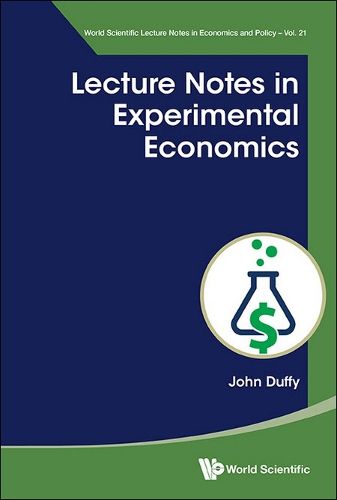Readings Newsletter
Become a Readings Member to make your shopping experience even easier.
Sign in or sign up for free!
You’re not far away from qualifying for FREE standard shipping within Australia
You’ve qualified for FREE standard shipping within Australia
The cart is loading…






Experimental economics involves the use of controlled, experimental methods both in the laboratory and the field to better comprehend how individuals and groups make economic decisions and to more clearly identify causal relationships. This book takes the reader to the frontier of research in this exciting and rapidly growing field. Unlike other texts, this book discusses both the methodology of experimental economics and some of the main application areas.The material is organized as a series of 12 chapters or lectures that can be covered in a single academic term. The first five chapters cover the reasons for experimentation as well as basic experimental methodology. The last seven chapters discuss applications of experimental economics to areas such as game theory, public economics, social preferences, auctions and markets. The book assumes only a basic knowledge of economics and game theory and is written at a level that is suitable for advanced undergraduate, master's or PhD students.
$9.00 standard shipping within Australia
FREE standard shipping within Australia for orders over $100.00
Express & International shipping calculated at checkout
Experimental economics involves the use of controlled, experimental methods both in the laboratory and the field to better comprehend how individuals and groups make economic decisions and to more clearly identify causal relationships. This book takes the reader to the frontier of research in this exciting and rapidly growing field. Unlike other texts, this book discusses both the methodology of experimental economics and some of the main application areas.The material is organized as a series of 12 chapters or lectures that can be covered in a single academic term. The first five chapters cover the reasons for experimentation as well as basic experimental methodology. The last seven chapters discuss applications of experimental economics to areas such as game theory, public economics, social preferences, auctions and markets. The book assumes only a basic knowledge of economics and game theory and is written at a level that is suitable for advanced undergraduate, master's or PhD students.